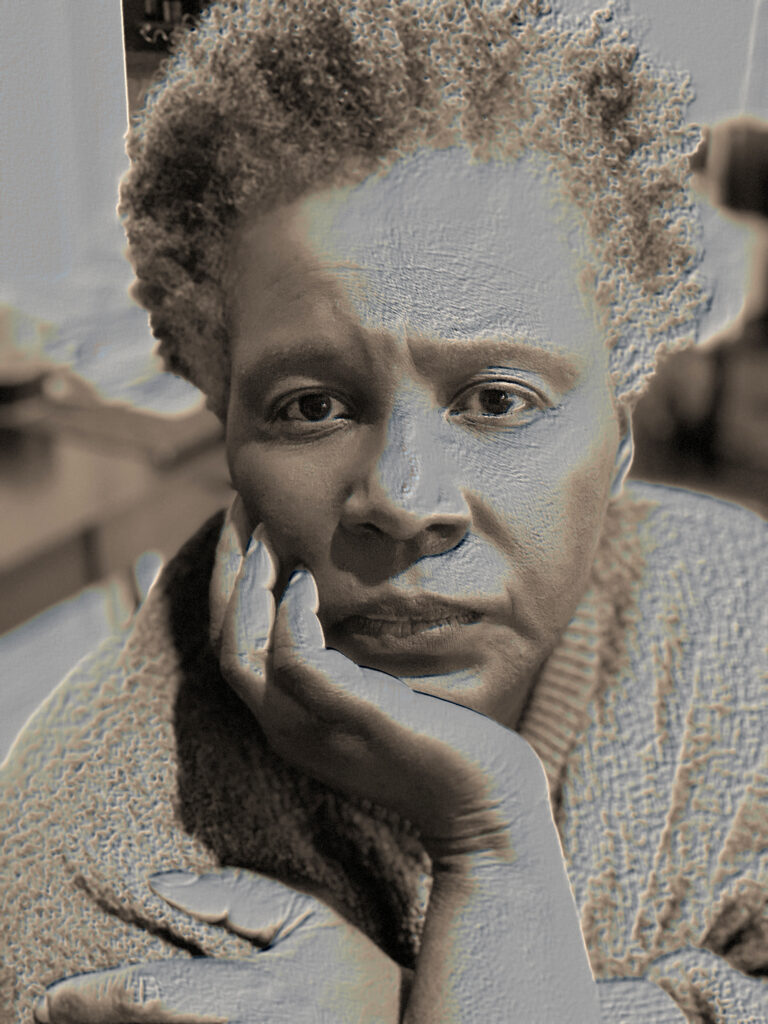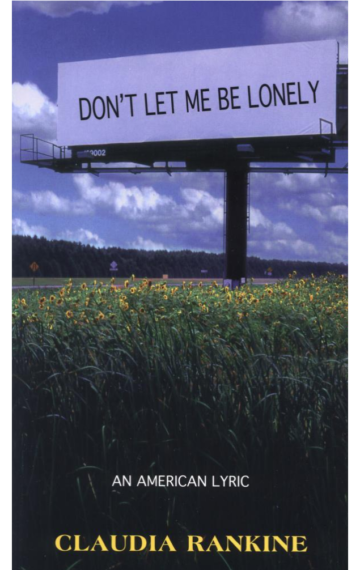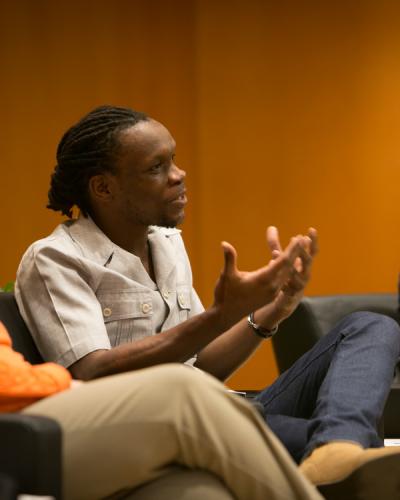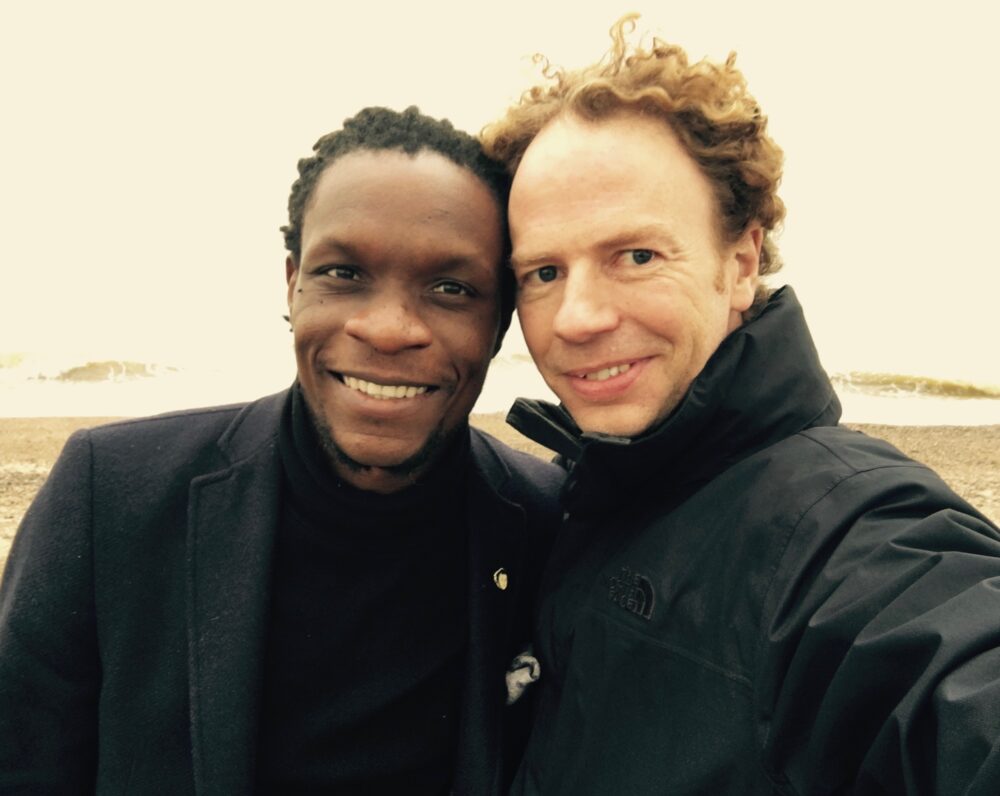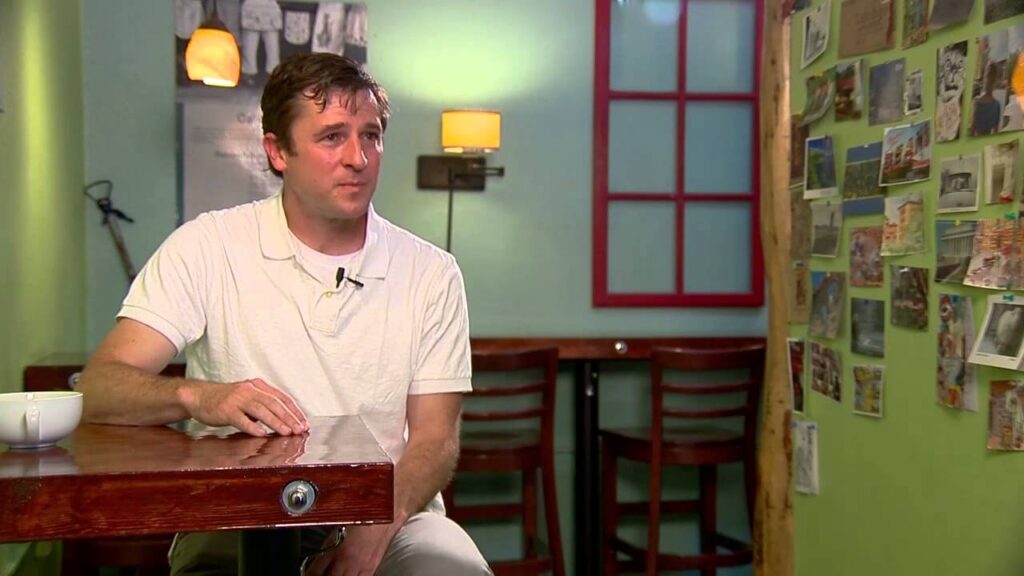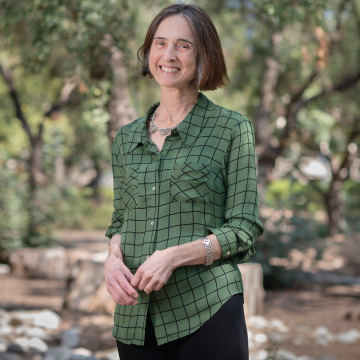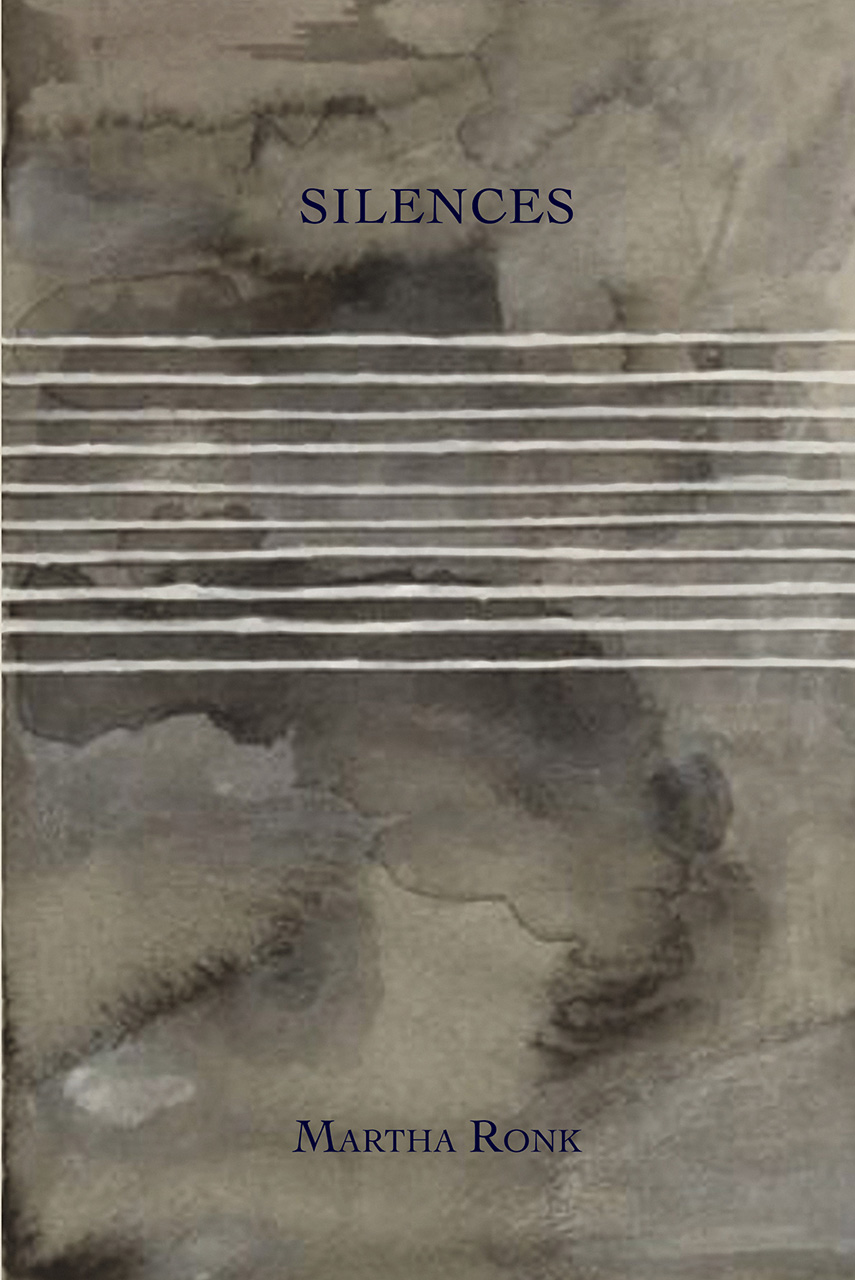
from An Attempt at Exhausting a Neiborhood in Chatsworth, California
If you turned right on Superior, past the mystery house on the corner, you’d come upon, after a slight curve, Superior Street Elementary School, which I attended from grades one to six. The playground (which extended to Oso Avenue) protected by a tall chain-link fence. Scattered about the asphalt: baseball diamond, volleyball net, two wooden walls to bounce balls against (that had what looked like doors painted on them, their purpose always unclear), tetherball poles, jungle gym, rings, and, near the kindergarten classrooms, a large sandbox. Must I speak (once again) of the indignities of the playground, how I tried to avoid the aggression of ball-throwing boys by playing hopscotch, jacks, and Chinese jump rope with the girls. Or later, spending lunch hours in the library, reading the blue-bound biographies of famous Americans: Ben Franklin, Betsy Ross, Clara Barton, Daniel Boone, Dolly Madison, George Washington, Pocahontas, Thomas Jefferson. (I was most intrigued by the women.) Or the Little House series by Laura Ingalls Wilder. Her whole childhood captured in eight matching volumes. The titles alone were beautiful: On the Banks of Plum Creek, By the Shores of Silver Lake, These Happy Golden Years. Years of art projects: cutting an egg carton in half and painting it green, then adding eyes and two pipe cleaner antennas, and voila, a caterpillar. Or placing bits of tissue paper and yarn between two pieces of wax paper and ironing them, to produce a colorful “stained glass” collage. Years of current events. Of studying maps of the world (each country a different pastel shade, like our houses). And models of the solar system (each planet a hand-painted styrofoam ball). Years of report cards. (In elementary school they were called “progress reports.”) Grades for reading, English, handwriting, spelling, mathematics, geography, history, civics, science, art, music, and physical education. Grades for effort, work habits, and citizenship: “tries to do his best,” “follows directions,” “works cooperatively with other pupils,” “accepts responsibility,” “respects authority.” Years of fire drills. And in case of a nuclear attack, “drop” drills: In the middle of a lesson, the teacher would call out “Drop!” and we’d all huddle under our desks with our hands clasped over the back of our heads. All of my teachers were women: Mrs. Wiggins, Mrs. Field, Mrs. Kasower, Mrs. Bialosky (first name Kay, kind and patient and encouraging, whom I had for half of the first grade, and all of the third and sixth). Mrs. Morton (first name Milicent), my fifth-grade teacher, was the opposite of Mrs. Bialosky. Cold and strict, she had no use for a sensitive boy. My grades dropped that year, and I gained weight. Her best friend, Mrs. Price (first name Jeanine), was equally intimidating. The two of them dressed like immaculate Barbie dolls: white, short-sleeved blouses; sheath skirts with wide belts; spike heels. They wore their dyed hair (Mrs. Price, red; Mrs. Morton, black) in bouffants, like Elizabeth Taylor or Jacqueline Kennedy. It was rumored that Mrs. Price, originally from the South, was married to a “Negro musician.” Mrs. Morton (with Mrs. Price as witness) often took an incorrigible boy in my class (Jimmy) out to the bungalow where textbooks were stored, to thrash him with a yardstick. The only male teacher at the school was Mr. Bartell. His daughter Monica was also in my class. It was from Monica, in tears, that we learned, on November 22, 1963, as we were lining up after lunch, that President Kennedy had been shot. She’d heard it from her father. It’s the only time I remember seeing teachers upset. It was as if the world had stopped. We were sent home early.
